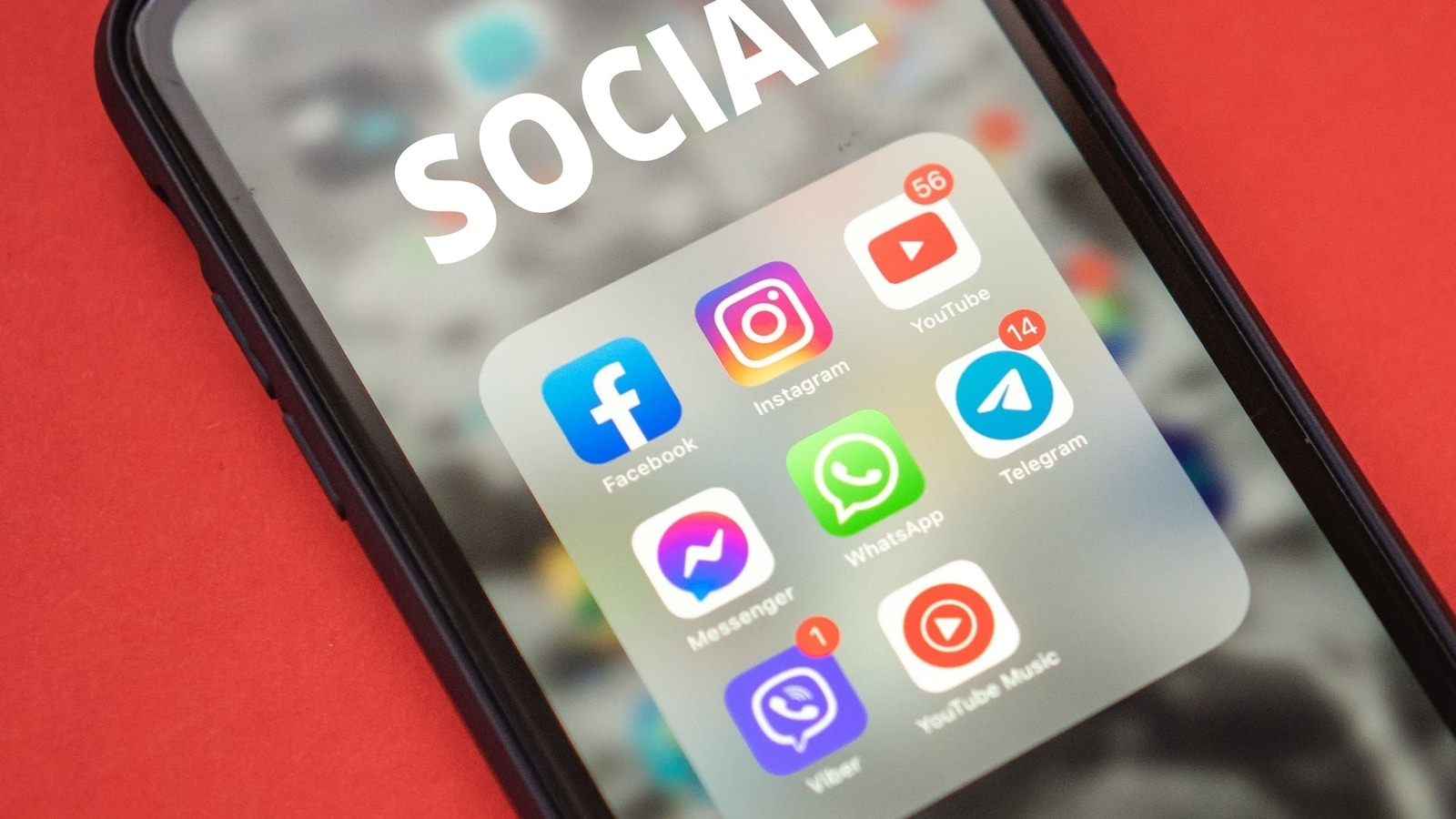Granola’s notepad app has become a popular tool among venture capitalists who use it to record meetings and augment notes using AI technology. That made it easier for the startup to raise funds from a crowd of investors for its $20 million Series A — something the team managed to do in about a week.
“I think all the investors that we got term sheets from in the end had been using this for a while,” says Granola co-founder Sam Stephenson.
He says the team had received a lot of inbound interest, so they hosted roughly a dozen investor conversations in just one day. “It was a very opportunistic thing. We would have needed to do it at some point, but we were able to get good terms and get it over with very quickly.”
The company’s Series A was led by Spark Capital (Nabeel Hyatt) with participation from investors Nat Friedman and Daniel Gross, Lightspeed, Betaworks, Firstminute Capital, and others.
Unlike some AI-powered meeting summary tools, Granola’s appeal is its collaborative approach. Instead of transcribing the meeting and then attempting to highlight the key points on its own, you can guide the AI by writing down what you think are the most important takeaways from your meeting, and the AI helps by filling in the rest.
 Image Credits:Granola
Image Credits:GranolaTo use Granola, you install the app on your Mac and connect it with your calendar. It will then transcribe your meeting’s audio directly when you meet over Zoom, Google Meet, Slack, Teams, and WebEx. During the meeting, you can write your own notes or bullet points, or leave it all up to the AI. After the meeting wraps, Granola analyzes who was in the meeting, and what it was about, and then uses AI to flesh out your notes using the meeting’s transcript. It can also clean up your typos if you jotted things down in a hurry.
Since launching in May, Granola has grown its user base by 5x and now sees around 5,000 people using the app on a weekly basis. Seventy percent of people who use Granola for a meeting within their first week of trying it, return to use it again, according to the company. Weekly meetings have also grown by 6x.
And VCs are no longer its primary customers.
“[Over] 50% of all the users were in a leadership position, and investors were a smaller chunk than that,” Stephenson says. (The stat is now 57%, in fact.) “The tables have flipped, and we now definitely have more non-investors than investors.”
He says many are finding Granola through word-of-mouth — like founders hearing about it from their investors, for example — or from other peers in their industry. Later, they pass the word along to members of their team or within the company, which has been helping Granola grow.
 Image Credits:Granola
Image Credits:GranolaSince its debut, Granola’s team has been adding new features, like integrations with Slack. They’re now working on CRM integrations and support for images. Soon, Granola will introduce a feature that will display the past meetings you’ve had with someone when you meet with them again, providing a sort of “context history” that can help jog your memory regarding what you last talked about.
The company also continues to swap out the off-the-shelf AI as better models become available, which is ongoing work. More recently, Stephenson says the AI has gotten better at sounding more natural and more like you had taken your own notes. (Granola is not training models on your meeting data for now, but it may introduce that in an opt-in basis further down the road.)
With the additional funds, Granola aims to make the app more of a product for teams, develop an enterprise pricing plan, and build features that could proactively find interesting nuggets and themes from a set of meetings over time. A mobile app will likely arrive next year, as well.
In addition, the investment allows Granola to expand its engineering team, now five, by hiring four more people.
Ahead of its Series A, Granola raised $4.25 million in seed funding from Michael Mignano at Lightspeed, along with Betaworks, Firstminute Capital, Mike Krieger, Soleio Cuervo, and others.



















 English (US) ·
English (US) ·